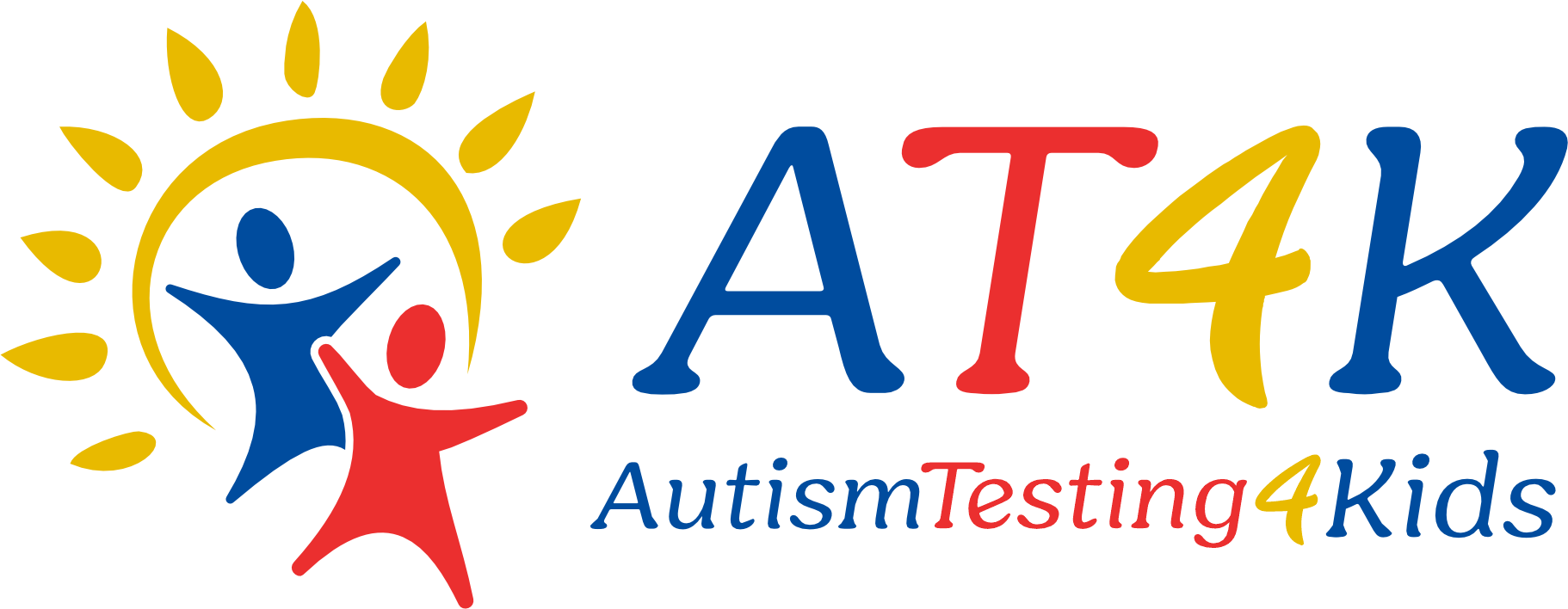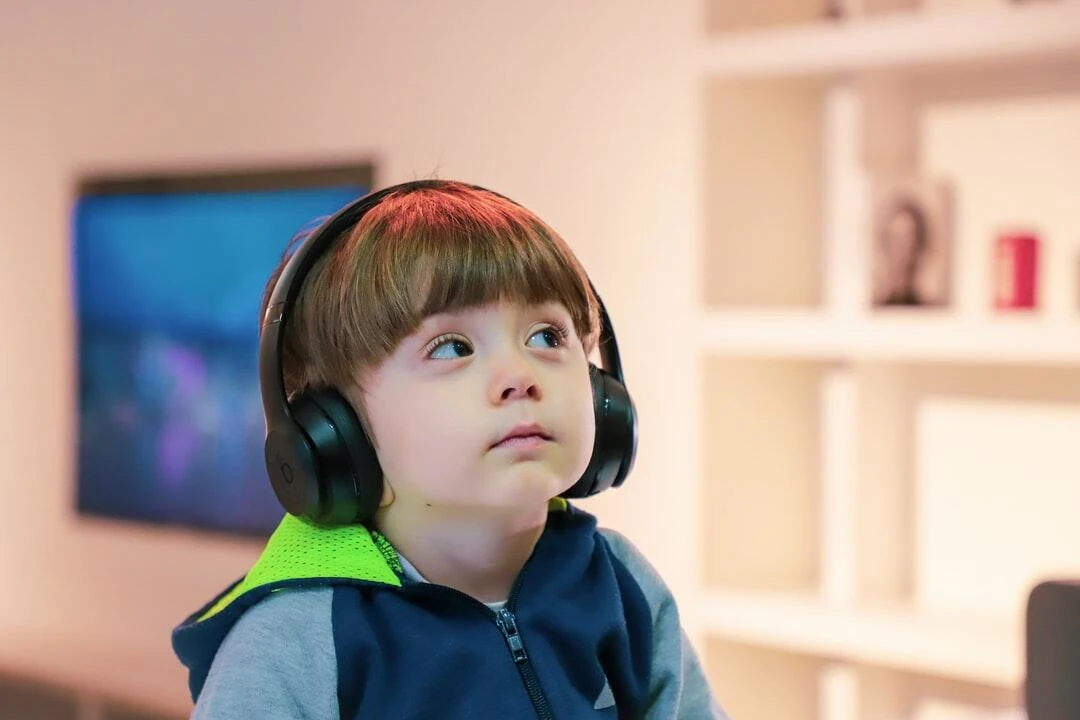In the past, less than 1 out of every 200 children received a formal diagnosis of autism. That led many people to think that autism was rarer than it turned out to be. These days, we know that autism affects closer to 1 out of every 68 children in the United States! This latest data throws into relief how important an evaluation for autism can be.
In the past, people might have thought they were testing for something so rare that it was barely worth checking for. Now we know that autism is common enough that every parent should at least consider the possibility that they may have a child with autism.
However, when is the appropriate time to start thinking about such things? What are the signs that your child might have autism, and when should you have them receive an autism evaluation?
Read on to learn all about autism evaluations and the right age for your child to receive one!
A Child Autism Evaluation Can Be Invaluable
Many people have negative feelings about a child’s autism evaluation. After all, finding out that your child has autism means having to learn much more about autism than you ever knew before. It means learning how to navigate difficulties that you may have no experience with.
It also means that your child will face certain challenges that you never did and that they may not face certain challenges that you faced growing up. In other words, when your child receives a positive diagnosis of autism, you will find out that you have a lot to learn and figure out ahead of you.
At the same time, it is important to remember that such an evaluation does not cause your child to have autism in any way. Your child already has autism or they already don’t have autism. The evaluation has no power to change which of these two possible facts is true in your situation.
All it can do is provide you with as much information as it can to help you navigate your situation better. Although it can be difficult to find out that your child has autism, it is even more difficult to raise a child with autism if you do not know that they have it.
That means that the question parents should be asking is not whether or not an autism evaluation might be a good idea if there are signs that their child could have autism. Instead, the main question should be when the appropriate time is for a child to receive an autism evaluation.
So when is the right autism evaluation age?
When to Get a Child Evaluated for Autism
If there are no signs your child has autism, then there is little reason for you to ever schedule an autism evaluation. On the other hand, if there are signs that your child has autism, then you might want to start paying attention to those signs around the time your child turns 18 months old.
Before that, there are a few different reasons why there is little use in receiving an autism evaluation. First, signs of autism are unreliable when observed in children under the age of 18 months. The younger your child is, the harder it will be for an autism evaluation to tell whether they have evaluation autism or not.
If your child is too young, the most likely result of any autism evaluation will be inconclusive. Even at 18 months, it may be difficult for an autism evaluation to tell whether or not your child has autism. But if there are strong signs that your child has autism, 18 months is the earliest you might want to schedule an evaluation.
On the other hand, if there are only mild and ambiguous signs that your child might have autism, you might want to wait until your child is somewhat older. You can also afford to wait longer for an autism evaluation if you are not having serious problems raising your child.
Autism can make it difficult for children and their parents to understand each other. It can also make it difficult for children to get along with other children. But if your child is doing fine, then it might be fine to wait until your child is a little older before you seriously consider an autism evaluation.
If your child is still showing signs of autism at age five, you should schedule an autism evaluation right away.
How Reliable Is the Evaluation Age for Autism?
Autism evaluations come with false positives and false negatives like every other test. However, you should keep in mind that autism evaluations have only a few false positives.
In other words, a positive diagnosis is almost always accurate. On the other hand, a negative test result is somewhat less certain. About a quarter of the time a child receives a negative diagnosis, it will later turn out that they have autism after all.
For that reason, it makes sense to trust a positive autism evaluation. On the other hand, it makes sense to keep in mind that a negative evaluation might turn out to be false later on.
Understand the Right Age for Your Child to Get an Evaluation for Autism
The sooner your child receives an evaluation for autism, the sooner you can make any necessary adjustments to how you relate to them and help them navigate the world. That means that an autism evaluation can be invaluable information that changes the lives of everyone involved for the better.
Despite the fact that receiving an autism evaluation for your child may not always feel positive, there is no denying the benefits that it provides.
To learn more about how and when to receive an autism evaluation for your child in Texas, reach out and get in touch with us here at any time!




